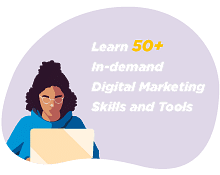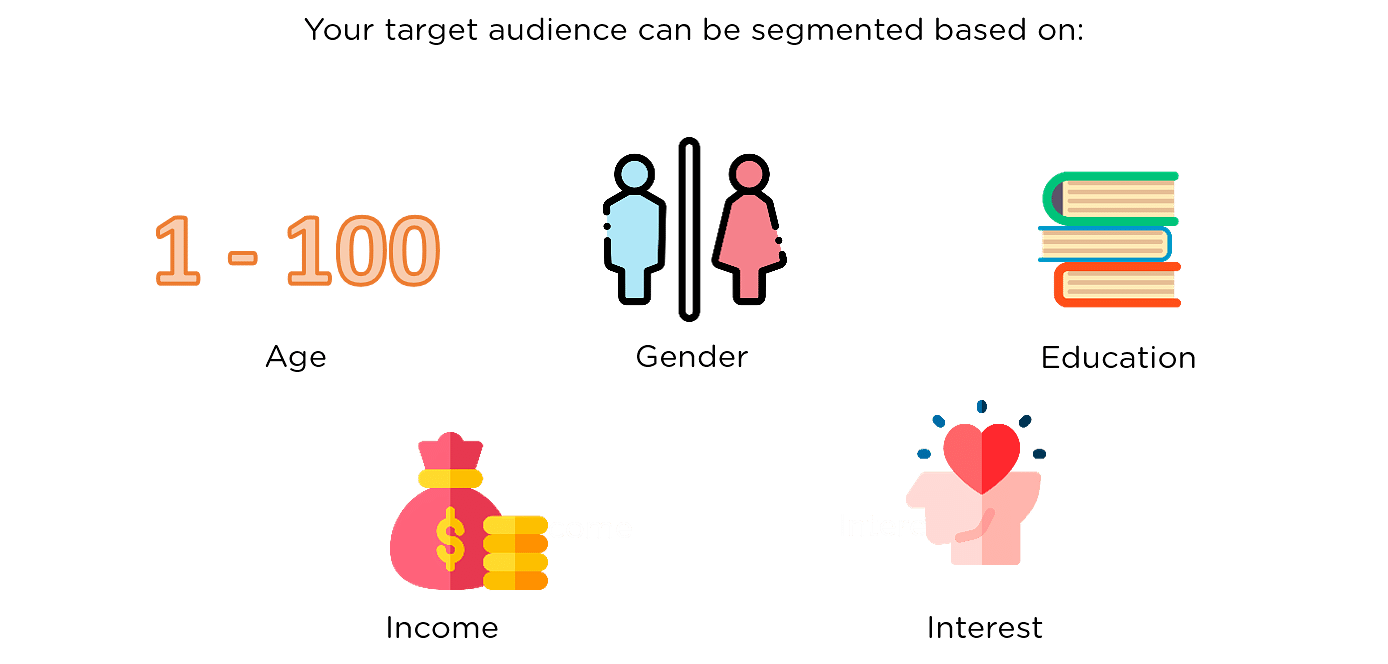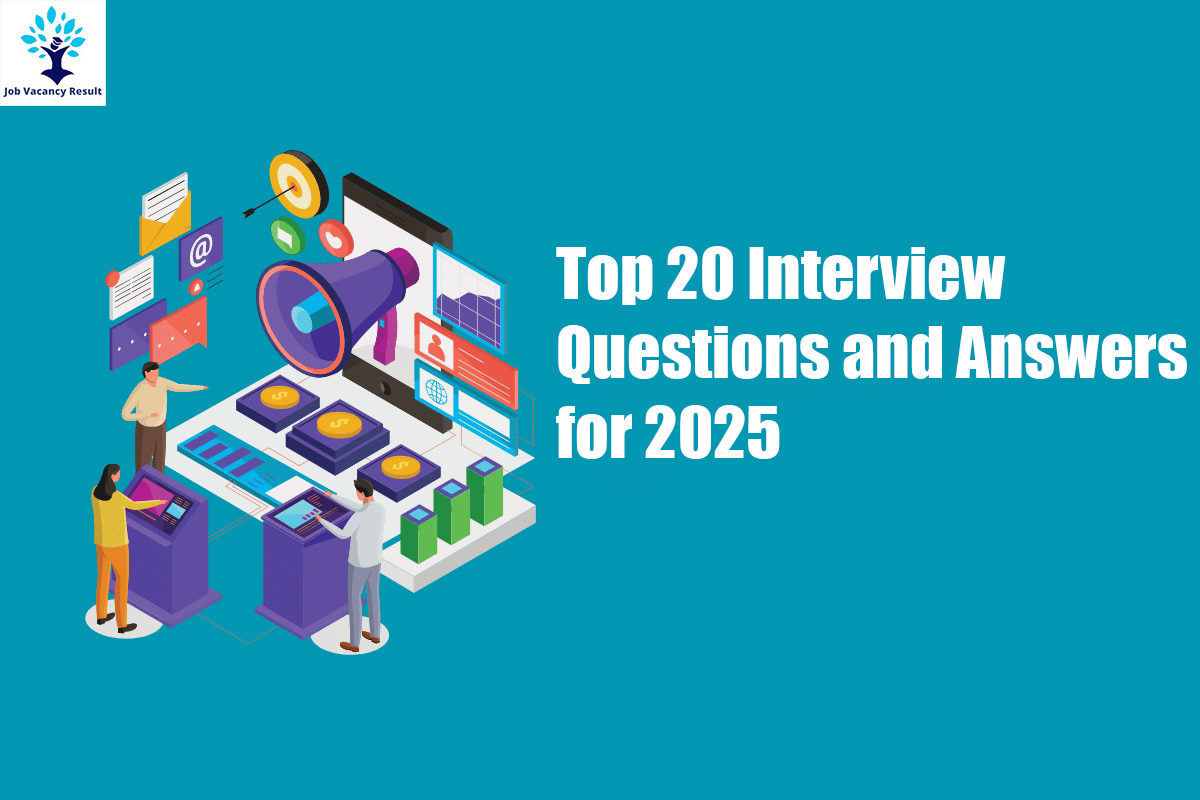Digital Marketing Interview Questions
1. Briefly explain Digital Marketing.
Marketing professionals can use any form of marketing that uses electronic devices or a digital mode to deliver promotional messaging and track its effectiveness throughout the consumer journey. In practice, digital marketing refers to advertising that appears on a computer, phone, tablet, or another type of electronic device. Online video, display ads, SEO, paid social ads, and social media posts are just a few examples. Digital marketing is usually contrasted with traditional marketing strategies, including magazine ads, billboards, and direct mail.
2. What are the types of Digital Marketing in the industry?
Types of Digital Marketing formats are as follows:
- Social Media Profiles
- Website
- Images and Video Content
- Blog Posts and eBooks
- Reviews and Customer Testimonials
- Brandes Logos, Images, or Icons
3. Why has Digital Marketing grown to be this huge compared to offline marketing?
This is the most frequently asked question in a digital marketing interview. In recent years, digital marketing has demonstrated immense power, and here are some of the most compelling reasons:
- Directly relates to customers’ needs
- Good exposure to product outreach and analytics
- A more convenient approach to connect with people from all across the world
- Changes can be implemented almost immediately if needed
4. Differentiate between direct marketing and branding?
- Direct marketing aims to increase a company’s revenue by creating demand. The use of stories in brand marketing allows you to connect with your audience on a much deeper level.
- Direct marketing has a direct impact on top-line revenue. Typically, a high level of urgency and priority is assigned. Branding has a long-term impact on brand equity and serves as a barrier to market pressures. It’s not urgent, but it’s critical.
- Testing and measuring are often on the minds of direct marketers. Differentiation is something that brand marketers consider.
- Response, leads, conversion, and sales are the KPIs used in direct marketing. The focus of brand marketers is on KPIs like awareness, recognition, and engagement.
Become an AI-powered Digital Marketing Expert
Purdue Post Graduate Program in Digital MarketingExplore Program
5. List a few disadvantages of Digital Marketing?
- Skills and training – Make sure your staff has the expertise and experience they need to properly deploy digital marketing. Tools, platforms, and trends change quickly, so being up to date is essential.
- Time-consuming – Duties like optimizing internet advertising campaigns and developing marketing content can consume a significant amount of time.
- High competition – While internet marketing allows you to access a global audience, it also puts you in direct rivalry with others worldwide. It can be challenging to stand out from the crowd and capture attention among the different messages offered by consumers online.
- Complaints and feedback – Any nasty comments or criticism of your brand might be seen by your target audience on social media and review sites. It might be challenging to provide excellent customer service online.
6. List a few Digital Marketing trends for this year?
- Short DIY videos
- Telling a real story or example
- Audience focused content
- Personalized content
- Using AI in content
- Google Discover
- NFTs are used by marketers
7. What are some of the popular digital marketing tools?
In Digital Marketing, there are a variety of techniques that can be utilized to achieve a specific aim. Here are a few examples:
- Google Analytics
Google has developed a free analytics platform for all people that lets you track the performance of your social media site, video and app. You can also calculate your advertisements ROI from here.
- Ahref
Ahrefs.com is an excellent tool for backlinks and SEO analysis.
- Mailchimp
Mailchimp is an email marketing tool that lets you manage and communicate with clients, consumers, and other interested parties from one central location.
- Google Keyword Planner
The Google Keyword Planner is a tool that can assist you in determining keywords for your Search Network campaigns. It’s a free app that allows you to locate keywords relevant to your business and see how many monthly searches they generate and how much it costs to target them.
- Kissmetrics
Kissmetrics is a comprehensive online analytics software that provides critical website insights and customer engagement.
- Keyword Discovery
Keyword Discovery provides you with access to the world’s most comprehensive keyword index, which is compiled from all search engines. Access to consumer search keywords for goods and services, as well as search terms that direct users to your competitors’ websites.
- SEMrush
Semrush is a comprehensive toolkit for gaining web visibility and learning about marketing. SEMrush tools and reports will benefit marketers in SEO, PPC, SMM, Keyword Research, Competitive Research, and content marketing services.
- Buffer App
Buffer is a small-to-medium-sized business social media management application that allows users to create content, communicate with customers, and track their social media success. Buffer integrates social media networks such as Facebook, Instagram, and Twitter.
- AdEspresso
AdEspresso is a simple and intuitive Facebook ad management and optimization tool.
8. How can you categorize Digital marketing?
Digital marketing can be categorized into Inbound Marketing and Outbound Marketing.
- Inbound marketing pulls in interested customers, whereas outbound marketing doesn’t care about interest.
- Consumer need is considered in inbound marketing, but in outbound marketing, it is done according to the product’s needs.
9. What are the four C’s of Digital Marketing?
- Customer – The person who receives the message.
- Content – The message that the customer sees is referred to as content.
- Context – The message sent to the consumer.
- Conversation – This is when you and your consumer have a conversation.
10. What do you know about Email Marketing?
Email marketing is a highly effective Digital Marketing strategy of sending emails to target leads and customers. Effective marketing emails convert leads into customers and turn one-time buyers into loyal fans.
Digital Marketing Interview Questions for Content Marketing
11. What are the essential components of good web content?
- Usefulness: Web content should be written in a way that caters to what the users want. This affects user engagement and how well it ranks in the search engine
- Engagement: Adding elements like content structure, headlines, images, videos, and infographics to make it more engaging
- Call-to-action: The content must be written in a way that can drive a call to action
- Credibility: The information in the content must be from a legitimate source
- Originality: Ensure your content isn’t plagiarized, as this can have a negative impact on the company’s reputation
12. What are the types of content you can create?
Content marketing involves stimulating interest in a brand’s products/services by creating and sharing online material.
These include:

13. What are the advantages of having a content calendar?
- Never missing important dates: A content calendar will ensure you don’t miss out on how you can elevate your brand and engage with your followers
- Stick to a consistent posting schedule: With this, your potential followers are shown how invested you are in the channel and creates a long-lasting relationship with then
- Finding an ideal content mixture: Learn to mix around your content like articles, videos, news stories, and more
- Saving time: A content calendar helps prepare you for future events
- Figure out what works: Planning out your posts puts less strain on you and your team members. It also reduces strain on company resources
- Ensure fresh content: A content calendar will ensure that the new content you make isn’t replicated
- Figure out what works: It makes it easier to measure results and optimize performance
14. What type of content works in each stage of the customer lifecycle?
Awareness:

Engagement:

Purchase:

Post-purchase:

Advocacy:

15. How do you decide what topic/subject to write on?
- Identify your target audience and their needs
- Research keywords and associate keywords
- Analyze conversations on social media
- Analyze conversations of competitors
- Keep track of blogs and articles from subject matter experts, commentators, etc.
16. How do you decide the tone of your content?
- Brand personality: The characteristics of a brand are the guidelines based on which the content strategy is developed. The tone of the content must align itself to the content strategy
- Audience profile: Determining who the audience is and how the brand wants to be seen by the target audience are important questions that help decide the style and tone of writing
- Channel: The content you create must be irrespective of the channel and consistent with brand attributes
17. How do you promote your content once it’s live?
- Sending an email broadcast: Once new content goes live, sending an email broadcast can encourage users to check it out
- Engage with your community: Using social media groups, content promotion networks, and online communities to connect with your audience
- Pay to promote: Advertise on platforms like Facebook and Instagram to help your content get higher reach and impression
- Reach out on social media: Targeting interested people directly will improve content visibility
- Write for others: Attract people from the web to important page on your website by performing guest posting and blogging
18. How can you determine how well your content is doing?
- Search engine results
- Traffic and repeat traffic
- Engagement – Likes, shares, comments, etc.
- Call to action – Inquiries, lead, sales, etc.
Become One of The Highest Paid Digital Marketer
With Purdue Digital Marketing PG ProgramExplore Course

19. What are the steps involved in the content marketing process?
- Decide what goal you want to achieve with your content marketing campaign
- Define buyer personas to determine the audience best suited for your content
- Run content audits to determine the best type of content that can be used
- Choose an appropriate content management system
- Start brainstorming ideas for new content
- Settle on a particular type of content you want to create
- Publish and manage your content
19. How do you target the right audience for your content?
Collecting demographics of your target audience based on website visitors, email subscribers, and social media followers

Miscellaneous Digital Marketing Interview Questions
20. What are the most effective ways to increase traffic to your website?
The most efficient and popular strategies to boost website traffic are:
- Paid searches
- Implement backlinks in display advertising
- Content promotion
- Making catchy headlines
- Video Marketing
- SEO initiatives
- content improvement
- using long-tail keyword targeting
- Guests posting
- In search of referral traffic
- LinkedIn content posting
- Linking Internally, using Email


Leave a Reply